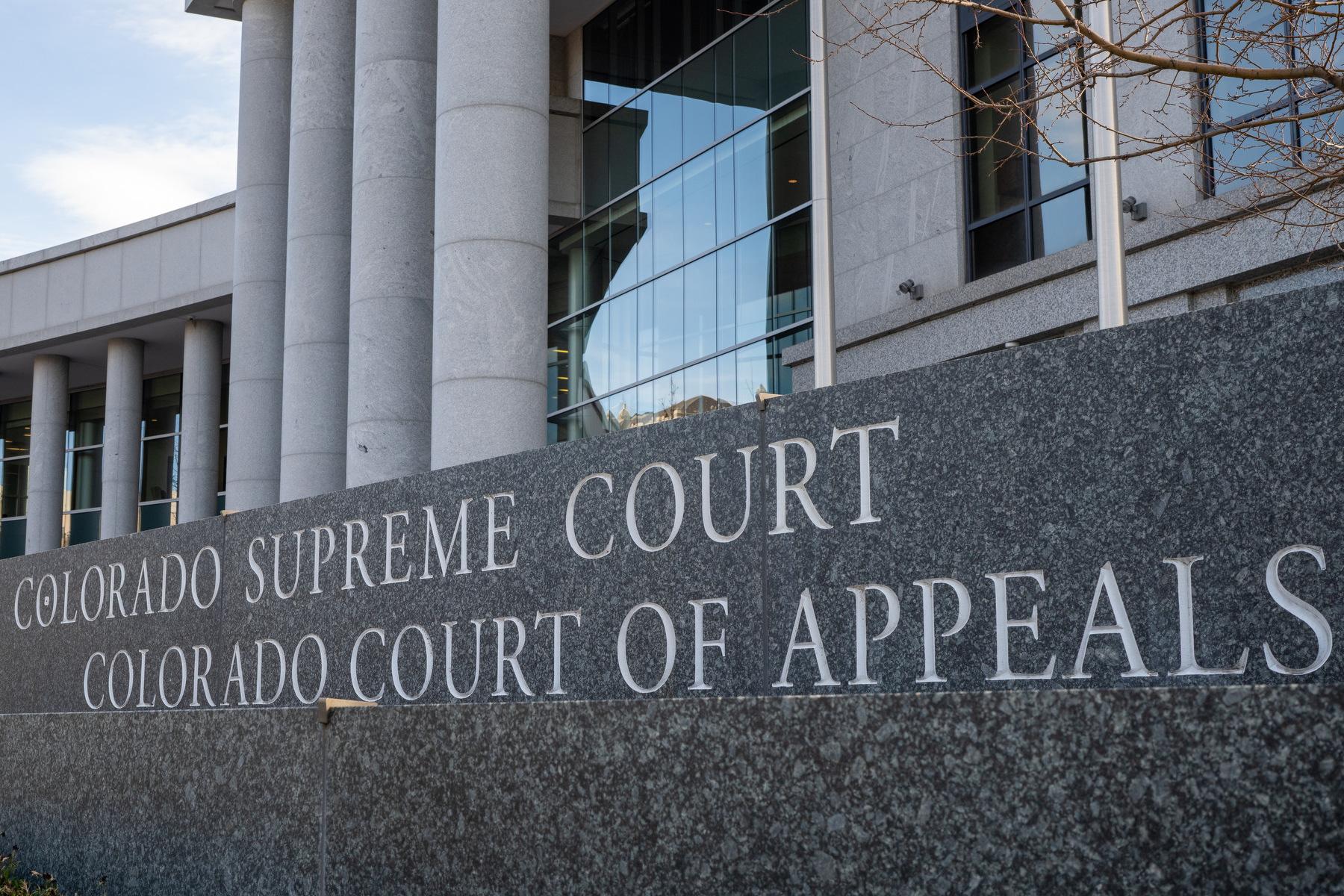
The Colorado Court of Appeals ruled last week that agreements between local sheriffs’ offices and federal immigration authorities to hold immigrants in custody after they’re eligible for release violate state law.
At issue was whether local sheriffs can honor so-called Immigration and Customs Enforcement “holds” — when immigration authorities ask local police to hold someone for up to 48 hours longer than their sentence or after he or she has posted a cash bond.
Normally, the federal authorities make the request because they cannot quickly detain people from county jails who they suspect are in the U.S. illegally. ICE, which has limited resources in a sprawling state, said they sometimes need two days to get to a jail and pick up someone when they are being discharged by local officials.
Teller County Sheriff Jason Mikesell made an agreement with ICE to arrest and detain inmates with civil immigration detainers in 2019. Since then, the county has faced a series of lawsuits over the practice of detaining those inmates — which advocates say is done without cause — and training local law enforcement officers to become ICE-designated immigration officers.
That same year, the Colorado legislature passed a law clarifying how Colorado law enforcement officers can enforce federal immigration laws.
On July 3, 2024, a three-judge panel reversed a district court decision and concluded that “state or local law enforcement officers are prohibited from arresting and detaining individuals otherwise eligible for release under Colorado law on the basis of a civil immigration detainer.”
The panel also rejected the argument that officers trained to be immigration officers should be treated as federal officers, not state officers when they perform duties for ICE.
The ruling said, “State and local law enforcement officers who perform immigration function remain employees of their specific locales.”
Judge Pax Moultrie, who wrote the ruling and was joined by two colleagues, remanded the case back to the district court to “make detailed findings and conclusions regarding whether plaintiffs have met their burden for a permanent injunction.”
CPR Justice reporter Allison Sherry contributed to this report.







